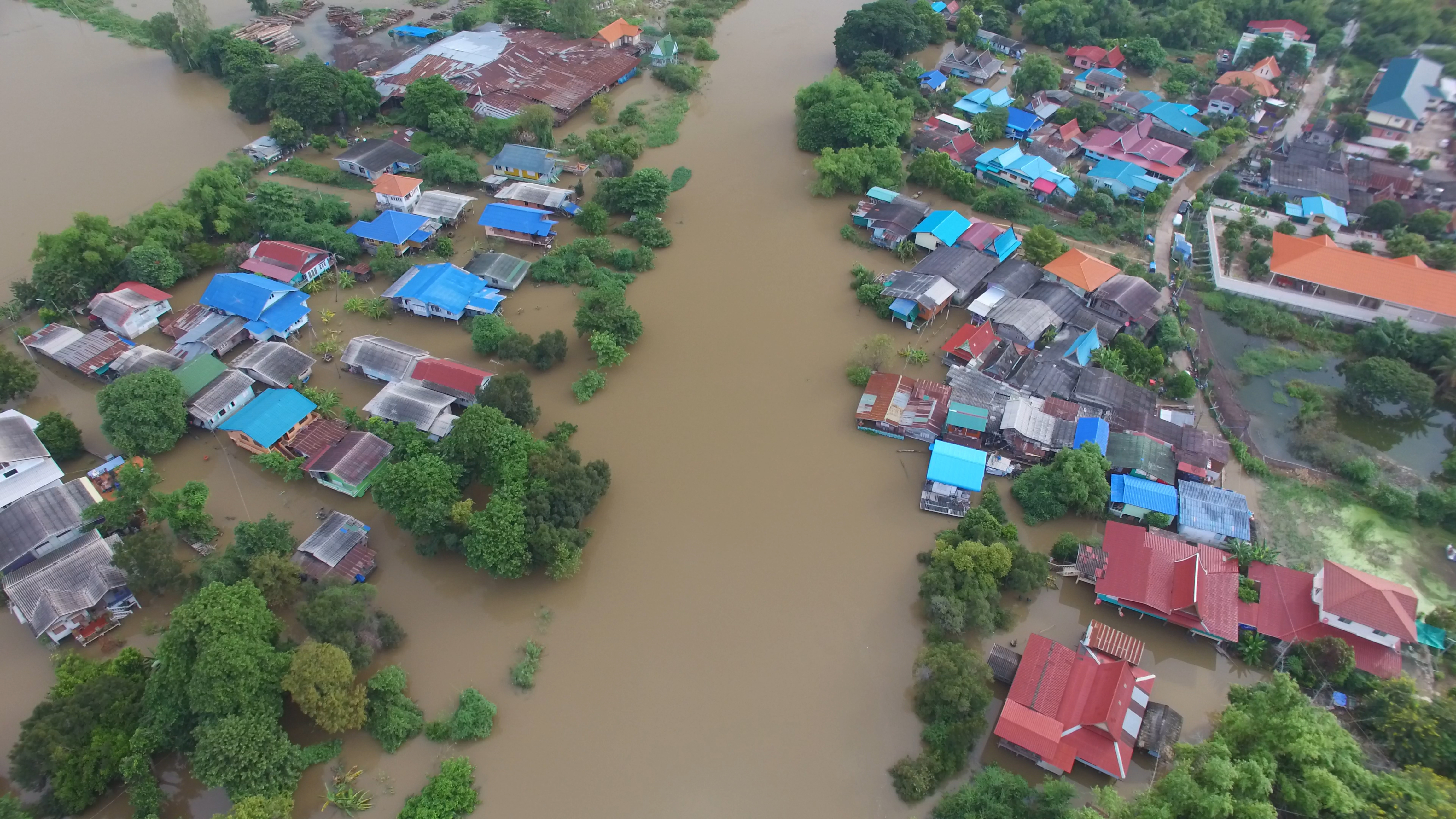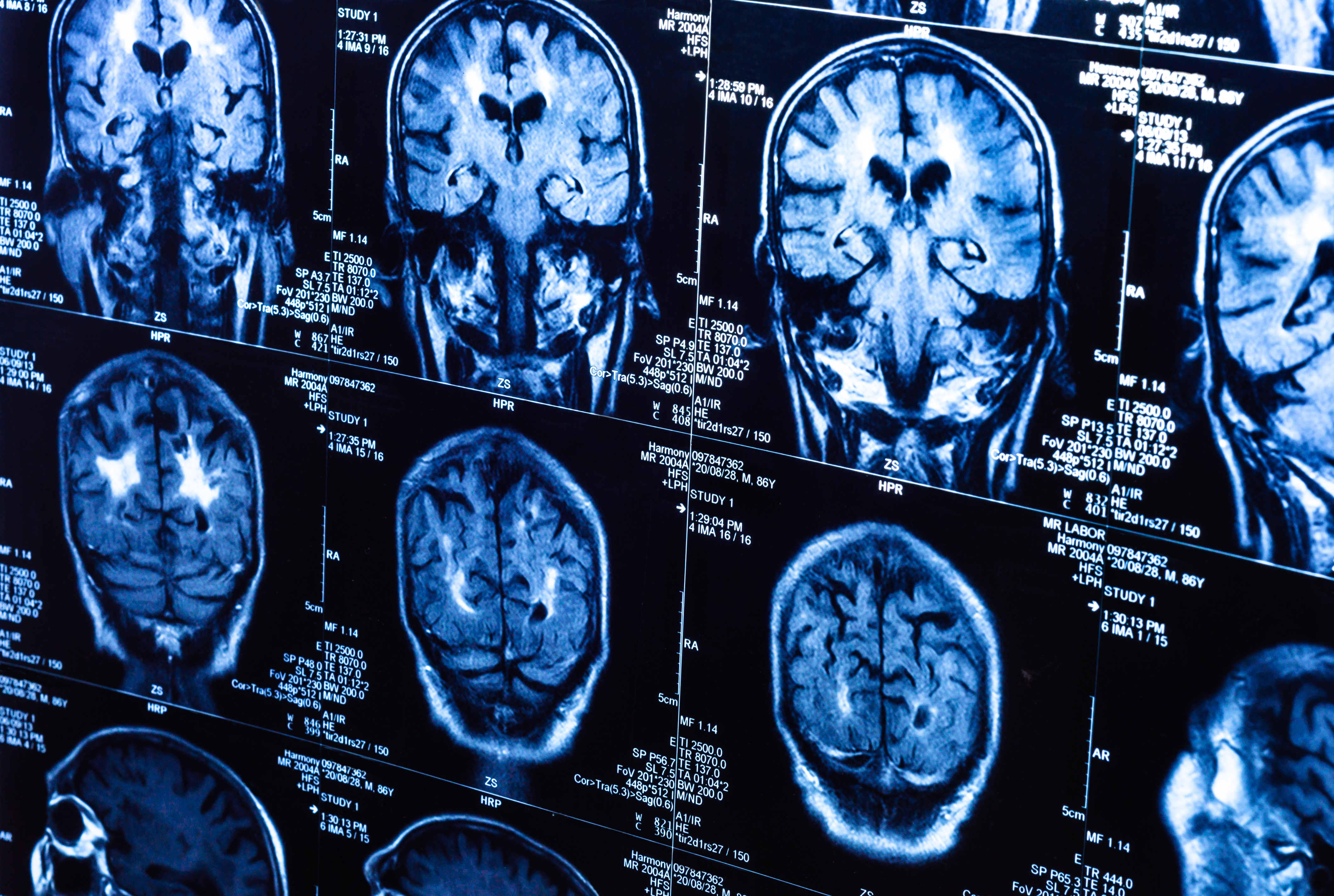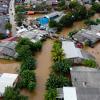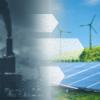
The EF Program aspires to provide a comprehensive and rigorous framework for understanding the behavioral changes that are required to achieve social and environmental transformations and what policies and institutional reforms are needed to bring about the required incentives.
Explicit consideration is given to:
- The governance of transitional change.
- The provision of equal life chances
- The capacity of the economic system to deal with (prevent and adjust to) disruptive changes.
- The conception of economic development and wellbeing in a finite and interlinked world.
The program’s research integrates tightly with the natural, environmental, population, and systems science frameworks that IIASA is leading on, thus providing the multi-disciplinary approach needed for an understanding of the transition to sustainable, fair, and resilient economies. The program aims to act as an international hub for high-level external economic expertise as well as expertise from other relevant sciences (e.g., sociology, psychology, environmental and natural sciences, mathematics) to engage in capacity building, and to establish links with leading international research and policy institutions to leverage internal resources.
Current EF Research Fields
The EF program started on 1 January 2021 and its research agenda is still being developed. While the program’s current research focuses on the two fields below, as well as topical research pertaining to economic aspects of COVID-19, the program is in the process of developing a research agenda for two additional fields on the Governance of Transitions (GT) and Economic Development and Wellbeing in a Finite and Interlinked World (EFW). Aspects of these fields are already present in the research undertaken under the two existing research fields where relevant.

Economics of Equal Life Chances (EELC)
Research undertaken as part of the EELC field focuses on issues related to distributional consequences of development trends and transformative policies, especially as it relates to vulnerable populations.

Economics of disruptive change (EDC)
The EDC field embraces economic behaviors under the risk of large disruptive (regime changing) shocks, including climate tipping points, eco-system breakdown, pandemic shocks, and disruptive technological or political changes.
Selected Program Publications
Chen, S., Kuhn, M., Prettner, K., Yu, F., Yang, T., Bärnighausen, T., Bloom, D.E, & Wang, C. (2023). The global economic burden of chronic obstructive pulmonary disease for 204 countries and territories in 2020–50: a health-augmented macroeconomic modelling study. The Lancet Global Health 11 (8) 1183-1193. 10.1016/S2214-109X(23)00217-6.
Frankovic, I. & Kuhn, M. (2023). Health insurance, endogenous medical progress, health expenditure growth, and welfare. Journal of Health Economics 87 e102717. 10.1016/j.jhealeco.2022.102717.
Chen, S., Cao, Z., Prettner, K., Kuhn, M., Yang, J., Jiao, L., Wang, Z., Li, W., Geldsetzer, P., Bärnighausen, T., Bloom, D.E., & Wang, C. (2023). Estimates and Projections of the Global Economic Cost of 29 Cancers in 204 Countries and Territories From 2020 to 2050. JAMA Oncology 9 (4) 465-472. 10.1001/jamaoncol.2022.7826.
Buratto, A., Muttoni, M., Wrzaczek, S., & Freiberger, M. (2022). Should the COVID-19 lockdown be relaxed or intensified in case a vaccine becomes available? PLoS ONE 17 (9) e0273557. 10.1371/journal.pone.0273557.
Bloom, D.E., Kuhn, M., & Prettner, K. (2022). Modern Infectious Diseases: Macroeconomic Impacts and Policy Responses. Journal of Economic Literature 60 (1) 85-131. 10.1257/jel.20201642.
Feichtinger, G., Lambertini, L., Leitmann, G., & Wrzaczek, S. (2022). Managing the tragedy of commons and polluting emissions: a unified view. European Journal of Operational Research 303 (1) 487-499. 10.1016/j.ejor.2022.02.034.
Sanchez-Romero, M. (2022). Assessing the generational impact of COVID-19 using National Transfer Accounts (NTAs). In: Vienna Yearbook of Population Research 2022. pp. 1-35 Vienna Institute of Demography. ISBN 978-3-7001-8882-7 10.1553/populationyearbook2022.res1.2.
Current EF Research Themes
Research in the Economic Frontiers Program covers a broad range of topics. These topics can also span across the EF Research Fields and are examined from different perspectives within the program.
COVID-19 and pandemics
The Economic Frontiers Program investigated different aspects of the Covid-19 pandemic and pandemics in general and published their work in a wide range of scientific journals.
Optimal pandemic management
Researchers in the EF Program have worked on several projects and published multiple papers on different aspects of the management of the spread of an infectious disease.
Importance of monitoring break-through infections
In cooperation with colleagues from the Wittgenstein Centre for Global Human Capital Sanchez-Romero investigated the impact of COVID-19 vaccines on the Case Fatality Rate (CFR) with specific focus on the monitoring of break-through infections.
The interplay of (higher) transmission rates and vaccine resistance in the evolution of novel SARS-CoV-2 strains
With the ongoing SARS-CoV-2 pandemic an issue of controlling the evolution and spread of novel variants is becoming very important. Yuliya Kulikova together with colleagues investigated the three main factors of particular epidemiological concern: higher infectivity, immunogenic drift (vaccine resistance), and increased virulence.
Generational Impact of Covid-19
Miguel Sanchez-Romero conducted an in-depth investigation on the important aspect of the current COVID-19 crisis that not all age groups are equally affected by the pandemic.
Climate impacts and energy transitions
Research in the Economic Frontiers program within both research groups concerns the impacts of climate change and the consequent transition processes. While the EELC research group focuses on the varying impacts on the heterogeneous population, the EDC group concentrates on the disruptive and general economic aspects of climate change.
Control of polluting emissions
The optimal control and taxation of polluting emissions is an perpetual question in the literature of environmental economics. Different economic settings require different tools and strategies to efficiently keep pollution under control. Stefan Wrzaczek together with international colleagues analyses these strategies within two different settings: (i) Management of the tragedy of commons and polluting emissions through taxation in different market settings. (ii) Pollution control under catastrophic climate change as a differential game.
Modelling household behaviour in the face of disaster risk
Their have been numerous empirical studies on the specific household characteristics correlated with the different components of disaster risk, i.e. exposure and vulnerability. In cooperation with colleagues from POPJUS and the TU Wien, Michael Freiberger establishes a dynamic household model, which explains the behavior with respect to the risk of natural disasters based on their inherent preferences. This theoretical model is essential for the realistic assessment of policy interventions, as it allows for a projection of intrinsically motivated reactions of households to potential policy interventions.
Regional energy transitions
Deep decarbonization of energy systems is a key step to restrict the global temperature rise to “well below 2 °C”. Majority of global net-zero emission scenarios emphasize on the large-scale deployment of Carbon dioxide removal (CDR) technologies like bioenergy with carbon capture and storage (BECCS) to meet the global climate goals.
Analytically investigating and extending IAMs
Integrated Assessment Models (IAMs) attempt to capture and describe the interactions of (i) human behaviour, (ii) economic activity, and (iii) and climate dynamics and impacts. However, IAMs are often treated as some sort of black-box when calculating solutions. Researchers of the Economic Frontiers Program try to investigate established IAMs from an analytical perspective and generate new insight and illuminate the black-boxes.
Health and health care
EF researchers work on a wide range of topics relating to the role of health and health care in fostering socio-economic development prospects at the individual and societal level, and ultimately in raising the wellbeing of populations.
Health care systems
In a diverse set of investigations, researchers at EF are assessing the role of the health care system in improving health, longevity and wellbeing while keeping track of the macroeconomic implications. A particular focus lies on the role of medical progress as a driver of increasing health care effectiveness.
Economic Burden of Disease
Applying rigorous macroeconomic modelling around a human-capital augmented production function and state-of-the-art projections, in this line of work EF researchers are joining force with collaborators at Peking Union Medical College, University of Heidelberg, Harvard School of Public Health and Vienna University of Economics and Business in assessing the macroeconomic burden associated with a wide range of communicable and non-communicable diseases as well as the macroeconomic benefit of efforts aimed at disease reduction.
Health shocks
Large shocks to health significantly impact an individual's well-being. However, the effects can substantially vary between individuals. Researcher in EELC conducted a study investigating the relationship between socioeconomic environment (SEE) and survival after ST-segment elevation myocardial infarction (STEMI) separately for women and men in the City of Vienna, Austria. Furthermore, researchers in EDC used a theoretical framework to assess the impact of a potential life-altering health shock on the consumption and health expenditure decisions over the whole individual life-cycle.
Inequality, human capital and just transitions
Research in the Economic Frontiers Program examines inequality and equal life chances from multiple perspectives. Analyses cover potential future transition processes with focus on their fairness across populations as well as the investigation of current public health and pension systems with respect to sources of inequality.
Just Transitions to Net-Zero Carbon Emissions for All (JustTrans4ALL)
The IIASA Just transitions to net-zero carbon emissions for all (JustTrans4All) project, which forms part of a suite of projects under the IIASA Strategic Initiatives Program, will contribute to novel analyses of transition pathways that are socially and environmentally just. The project will inform policy design, aiming to achieve high levels of human wellbeing within planetary boundaries in line with the UN 2030 Agenda and the Paris Agreement.
Drivers of intra- and intergenerational inequality
Miguel Sanchez-Romero has investigated questions on intra- and intergenerational wealth (amongst others in collaboration with colleagues from the Vienna Institute of Demography) as part of the Economic Frontiers Program. Thereby his work concerns topics ranging from fair pensions systems to the heterogeneous impacts of Covid-19.
Models, tools, datasets
Projects
Staff
News

27 February 2024
Slovak delegation from the Institute of Economic Research visits IIASA

09 February 2024
Awards for outstanding early-career scientists

13 September 2023
IIASA Flagship Report: Illuminating the path to sustainable wellbeing
Events
Focus
28 June 2023
Proving health insurance coverage can extend lifespan in the United States

29 November 2022
Enhancing global resilience




























